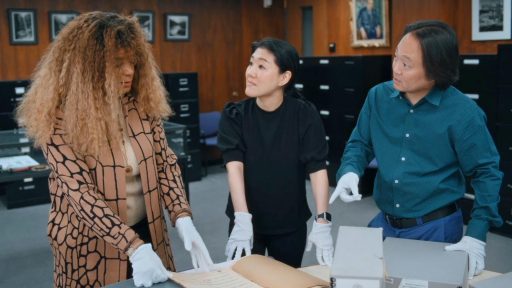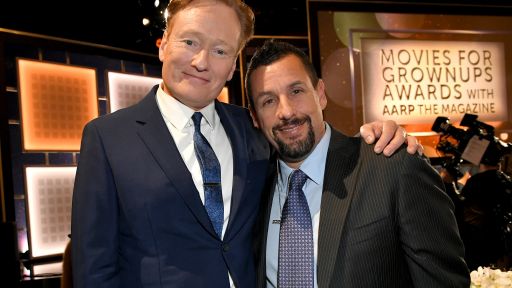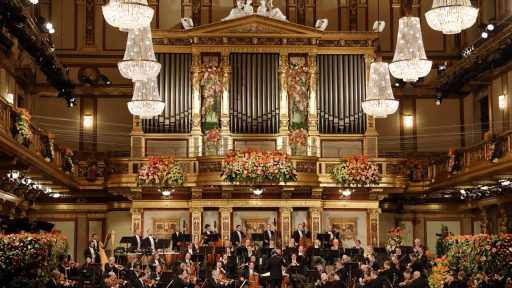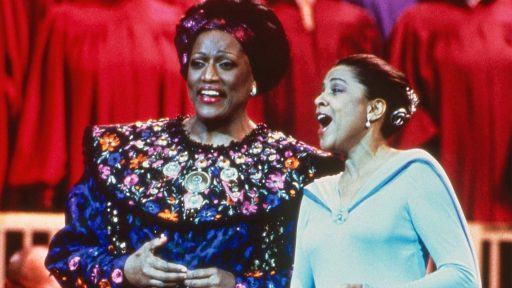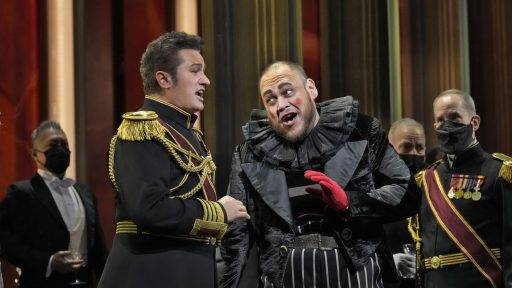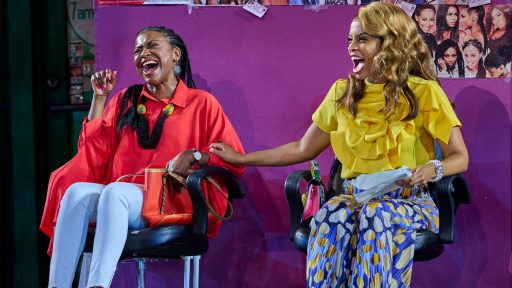Learn how the National Theatre and director Simon Godwin transformed “Romeo & Juliet” from a play to a film due to COVID-19 restrictions.
Features

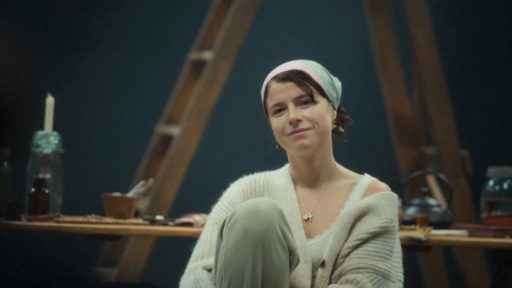
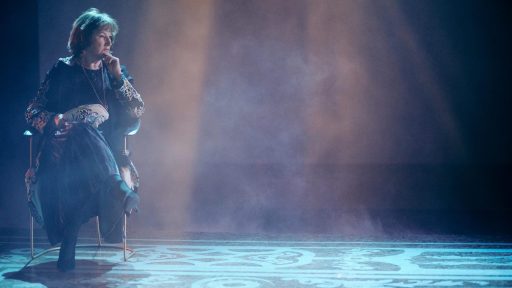
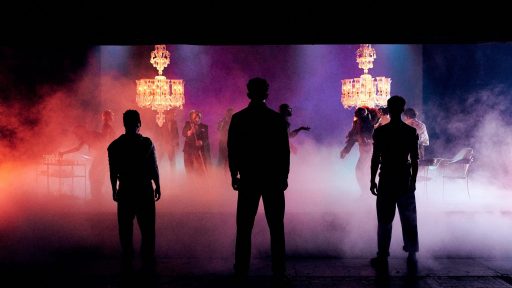
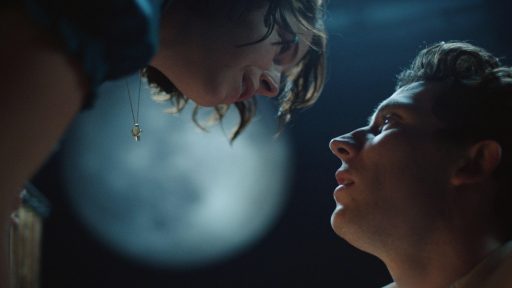
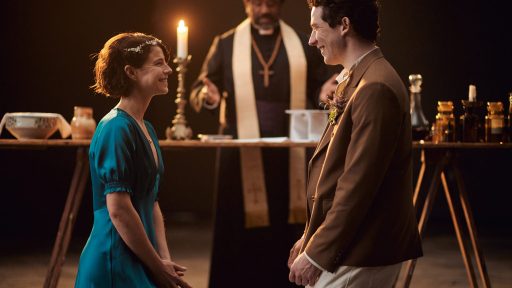
they're saucing out the the depth of each other's love and figuring out if they're both willing to jump off the cliff romeo juliet was due to be performed in the olivier theatre in summer 2020 the sets were underway and we were ready to go and then the pandemic hit the production of course like every other production in the world was cancelled and yet through david sable the producer and rufus norris the artistic director of the national theatre their vision their tenacity said hey hang on what about coming together and trying still to preserve something from that production we know we can't do a play we know we can't do an empty live of recording that play in front of a live audience what about trying to make a film of the play instead of just saying that's not possible they said well what is possible and came up with this beautiful hybrid idea of allowing an abandoned theatre which is full of memories and past performances how that theater can actually become a character who makes the story come to life in this group of actors so it's almost like the building is allowing the story to be told we had the cinematographer with us from day one so it was unlike any other film kind of thing or even a theater thing where we're all sharing ideas all the time and so film references and pictures and paintings and music so there's lots of things in the pot how it's worked in reality has been magic it's just kind of like film crew and theater crew and actors and dancers we've all been working out at the same time together in the rehearsal room we're giving it loads of energy yeah and like trying to fill like a huge theater-sized space and then suddenly and then as soon as tim is there like keep still yeah please we're used to in theater a single candle representing thousands or a small bit of music telling us that we're in egypt whereas in a film we'd have some establishing shots of the nile and so this conceptually takes that idea and tussles with it i think everyone was aware of trying to find a way to capture the experience of theatre in a way that is trying to engage the viewer in the same act of imagination as they experience when they come to the theater but when viewing a film it's a i suppose a reminder of the excitement and the joy and the danger of first risking yourself for the love and the affection of another we're still trying to work out what love means or trying to find ways of articulating what love means and how complex love is and how sort of intoxicating it can be nobody wants them to be together the whole world is against them being together but they still fight till the till the end so that they can have a life with love instead of hate theatres are all about community of course they're all about gatherings they're all about the one thing that we can't do right now which is to be together in a group so of course it's eerie of course it's poignant of course it's filled with ghosts and yet like any sacred space it's also filled with promise it's also filled with the extraordinary gestures laughter tears passion that have filled the space where i'm sitting for decades and decades and decades so actually sitting here now working in this space filming in this space has been an enormous act of hope and of celebration of what has come and what will come [Music] you
You May Also Like
